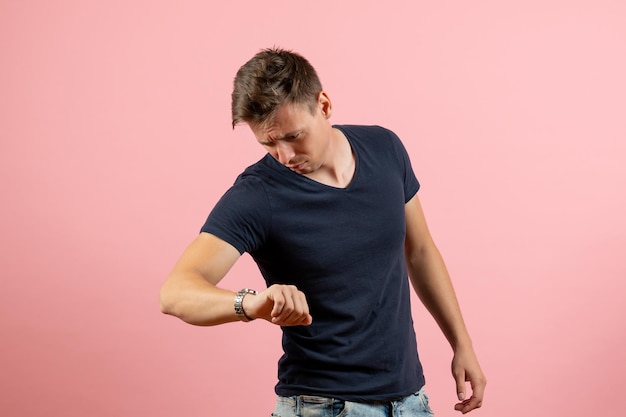
Muscle cramps are something many of us deal with at some point. They can be caused by things like dehydration, electrolyte imbalances, or stress. Let’s dive into what causes these cramps and how you can avoid them.
Our bodies are about 60% water. When you don’t drink enough, your muscles don’t get the hydration they need to work the right way. This lack of water can lead to muscle cramps, a common sign of dehydration.
One of the easiest ways to prevent cramps is to drink plenty of fluids and steer clear of caffeine. This is one of the best home remedies for muscle cramps.
Overuse or overexertion is the most common cause of muscle cramps. To prevent them, try static stretching, which can also help you get better sleep. Static stretching means holding a position for at least 30 seconds without moving, like touching your toes while standing.
A study from the University of Iowa found that doing static stretches before bed can cut down nighttime leg cramps by more than 50% and also improve your sleep quality.
Electrolytes are crucial because they help balance fluids and minerals in the body, which keeps your pH levels in check. You can find electrolytes in many fruits and vegetables.
Most causes of muscle cramps boil down to dehydration. That’s why it’s important to drink a lot of fluids, especially when working out or exercising on a hot day. Stretching before and after workouts can also help stop cramps before they start. If you’re running long distances, make sure to use good form and alternate your leg movements.
Keeping track of your electrolyte levels is important, especially if you work out often. Muscle cramps can mean your electrolytes are low. There are three key electrolytes: sodium, potassium, and chloride. For sodium, eat foods like canned soup; for potassium, try bananas and avocados; for chloride, go for raw spinach or celery.
Dynamic exercises are another great way to prevent muscle cramps. They not only help warm you up but also get your blood flowing and joints moving.
Dealing with muscle cramps can be annoying, especially if you’re trying to get fit. There are many causes, but you can prevent them with a few strategies. Proper hydration helps muscles get rid of waste products like lactic acid, which can build up and cause cramps.
Stretching before and after workouts is vital. If you’re doing a big workout, consider taking breaks between sets. Even a light walk before bed can help. A warm bath with Epsom salts can also relieve muscle cramps; you can soak in the bath or rub the salts on the affected area.
A study shows that doing dynamic exercises before a workout can significantly reduce the risk of cramps because they boost blood flow and synovial fluid in the joints.
In summary, many people experience muscle cramps, which can be caused by dehydration, over-exercise, lack of sleep, or not stretching enough. To prevent them, stay hydrated, stretch regularly, ensure you get enough sleep, and don’t overdo your exercise routine.